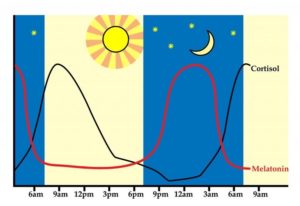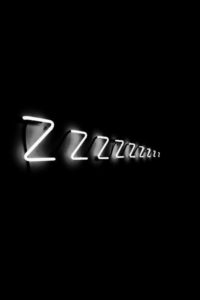
THE IMPORTANCE OF SLEEP
The Christmas period of indulgence is behind us. We are finishing off the last few chocolates and are catching up on sleep after socialising with work colleagues, family and friends.
So here I am. It’s the beginning of January and the enthusiasm is high to kickstart the new years resolution of being healthier and fitter. Most of us are trying to muster the energy to start! (myself included) We are all a little tired due to partying, and excessive drinking and eating. Without adequate sleep, we do not have the energy to exercise.
When we are low on energy, we eat foods higher in sugars in an attempt to increase our energy levels. But without adequate sleep, this won’t happen and so the consumption of high processed sugar foods continues. The more sugar we eat, the sooner our new years resolution ends before it even starts.
But what has sleep to do with loosing weight, increasing energy levels, feeling fitter and improving our well-being.
Read on:

10 PHYSIOLOGICAL CHANGES DURING SLEEP
- SLEEP CYCLES – you typically go through 3-5 sleep cycles per night. There are 4 stages within each cycle. 3 stages of non-REM (non-rapid eye movement) sleep, where the brain becomes less responsive to the outside world. This is where it is thought long term memories are filed away.
Then there is a final stage of REM (rapid eye movement). The first REM cycle may be just a few minutes, but gets longer with each cycle. Your pulse, body temperature, breathing and blood pressure rise to daytime levels. Your sympathetic nervous system (fight or flight) becomes active but your body remains completely still. REM sleep stimulates the brain regions and is important for normal brain development. This explains why children spend more time sleeping.
It is also thought that REM sleep clears out irrelevant information from the brain.
During REM, a chemical called GABA is released from the brain stem and the hypothalamus to help you drift off. GABA quietens the signals that move your body, arms and legs which stops you acting out your dreams. - BODY TEMPERATURE DROPS – the cooler your room, the easier is to sleep. A cold shower before bed can help you sleep. Try to avoid eating 2 hours before sleeping as digestion increases your core temperature which makes it difficult to sleep. Keep your room cool and open the window.
- BREATHING – slows down during non-REM sleep and speeds up in the final stage of the cycle when you go into REM sleep.
- HEART RATE – slows down during non-REM sleep which gives your heart and blood vessels a chance to rest and recover. These rates increase during REM sleep.
- BRAIN ACTIVITY – slows down during non-REM sleep but speeds up to daytime levels during REM sleep.
- BLOOD PRESSURE DROPS – a lack of sleep over time will negatively alter your body’s ability to regulate stress hormones, leading to high blood pressure.
- TISSUE GROWTH & REPAIR OCCURS – blood supply to muscles increases and energy is restored. Growth hormone from the pituitary gland in the brain is released. It is estimated that 75% of growth hormone is released during sleep.
- CORTISOL LEVELS – cortisol is the stress hormone, the flight or fight hormone. Levels drop from around lunchtime onwards and they steadily decrease during the rest of the day. During sleep, cortisol levels steadily increase to promote alertness in the morning.
- MELATONIN LEVELS – melatonin is produced by the pineal gland in the brain. Our body clock (circadian rhythm) is influenced by melatonin. The pineal gland activates melatonin when darkness occurs and is released into the blood. This usually occurs around 9pm. Melatonin levels stay active for about 12 hours. (by turning off bright lights, laptops, tv’s, phones, iPads and dimming lights after 9pm, we are helping our ability to fall asleep quickly).
- HUNGER HORMONES – during sleep, it is believed that the hormones leptin and ghrelin that control hunger are balanced to enable you to eat the correct amount of food and maintain a healthy weight.


